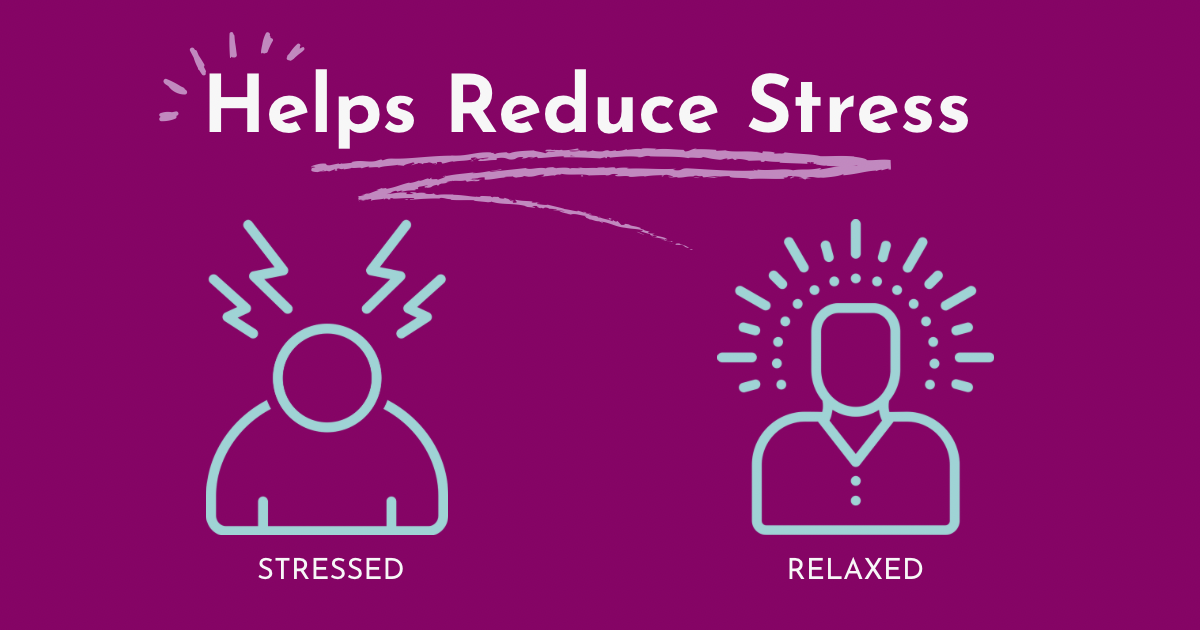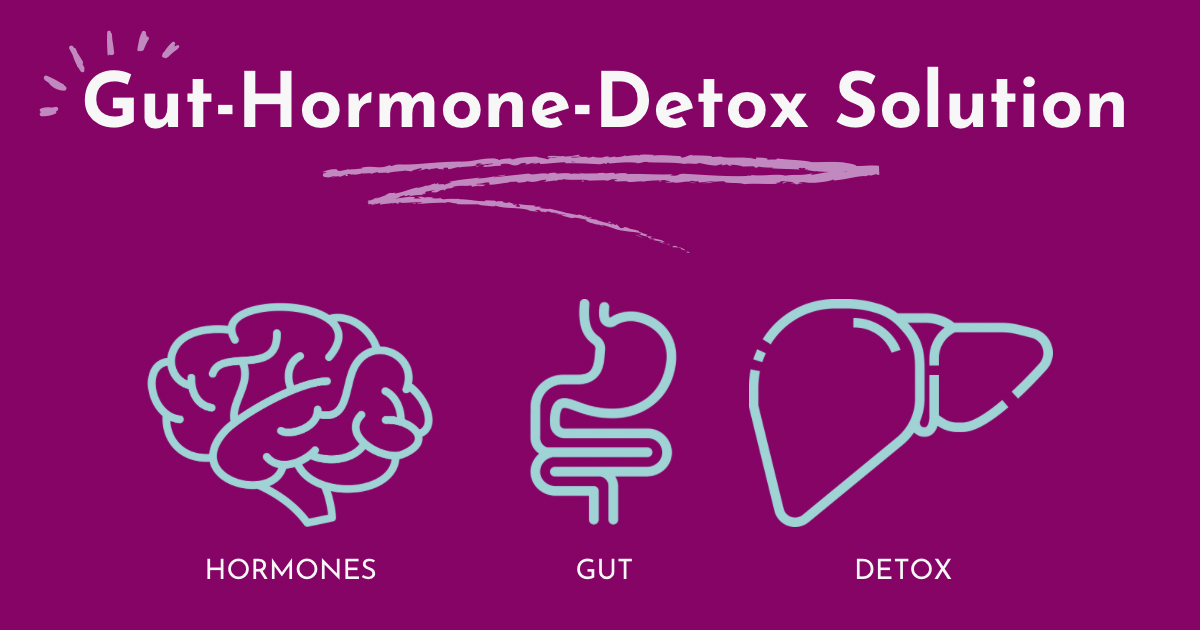
What is the Kalish Method?
Dr. Dan Kalish founded the Kalish Institute for Functional Medicine in 2006, which has now trained over 5,000 practitioners. He stumbled across the concept of finding and treating the underlying cause after his father and grandfather both died in their fifties while relying solely on conventional medical treatments. Dr. Kalish began developing a functional medicine approach for patients in his practice in 1993 using a lab-based approach to find the root cause to treat symptoms.
Since then he still runs a private practice but spends the majority of his time training his practitioners on his lab-based systems approach. The Kalish Method first started by addressing the 5 most common chronic conditions which are weight gain, hormone imbalances (adrenal, sex hormone, and thyroid), fatigue, depression, and digestion problems. He then developed a lab-based three-body system treatment approach that focuses on hormones, the gastrointestinal tract, and the body’s detox system to target the root cause of symptoms.
Why a Gut-Hormone-Detox Solution Approach?
Imbalances in three body systems (hormones, gastrointestinal tract, and detox system) are responsible for almost every health problem and are the core cause of the 5 most common chronic conditions. We all know that stressors such as work burnout, the death of a loved one, divorce, and childbirth happen in life. However, those events and prolonged stress lead to the increase of stress hormones which causes a decreased immune response. The increase in stress hormones can cause chronic digestive problems in the gastrointestinal system, creating an accumulation of toxins in the system, which leads to problems with liver function (detoxification). Each of the three body systems relies on the other for its normal function, and when one system is not functioning properly, health conditions arise.
The Neuroendocrine System
Adrenals
- Secrete stress hormones — Cortisol & DHEA
- Long-term stress depletes DHEA & increases Cortisol causing a chronic state of fight or flight (anxiety and fatigue), leading to insulin resistance and a decreased immune response.
Neurotransmitters
- Dopamine, adrenaline, noradrenalin, & serotonin
- When depleted, this can cause fatigue, anxiety, sleep disorders, mood and appetite changes, and digestive imbalances.
Energy
- Mitochondrial functioning: how well the body converts food and stored macronutrients into ATP energy
- Mitochondrial damage & nutrient deficiencies that interrupt energy production can cause blood sugar regulation issues, fatigue, sleep disturbances, brain fog, and body pain.
Female & Thyroid Hormones
- Progesterone & Estrogen, TSH, FT4, FT3, Reverse T3, antibodies
- Female and thyroid hormones can often be autocorrected by correcting the adrenal hormones
 Gastrointestinal System
Gastrointestinal System
Pathogens
- Parasites, fungal, opportunistic bacteria, and even healthy commensal bacteria have adverse effects on the gut lining and microbiome, leading to brain fog, fatigue, and bloating.
- H. pylori (Helicobacter pylori) damages the stomach and intestinal tissue. Around 50% of the world’s population is estimated to be infected.
Food
- Enzyme and bile acid deficiencies can cause foods to be poorly broken down and the body does not absorb nutrients, vitamins, and minerals.
- Food sensitivities and inflammatory foods can cause inflammation in the gut lining and brain.
Leaky Gut
- 70 % of the immune system is located in the gut. When the gut lining is damaged, it allows larger particles and pathogens in.
- Symptoms: diarrhea, constipation, bloating, nutritional deficiencies, fatigue, headaches, skin problems, joint pain, inflammation
Microbiome
- Healthy commensal bacteria (overgrown or undergrown) adversely affect the gut lining and microbiome.
- When depleted (due to poor nutrition, stress, antibiotics, etc.), it can lead to things like pathogen overgrowth, leaky gut, and immune system issues.
 Detoxification System
Detoxification System
Detoxification
- Refers to how well your liver is breaking down and clearing toxins. Requires nutrient support for phase 1 & 2 liver enzymes.
- If there is a build-up of toxins due to a burnt-out liver or blockages in detox pathways, the brain can be affected and cause headaches, brain fog, fatigue, anxiety, and immune issues.
Oxidation and Methylation
- Methylation refers to how well the body uses B vitamins to support liver detox pathways.
- Oxidative stress is the generation of free radicals from detoxification which break down cell tissue and cause DNA damage.
Inflammation
- Common Symptoms: pain, fatigue, anxiety, GI issues, weight gain, frequent infections, and skin issues
- Certain foods (excess sugar, refined carbs, alcohol, processed meats, and trans fats) can trigger inflammation. Anti-inflammatory foods (Omega 3s and antioxidants) help fight inflammation.
Nutrient Replacement
- Disrupts the body’s process to build cells, repair the damage, create energy, synthesize food, and much more.
- This can lead to problems such as ongoing fatigue, constipation, irritability, depression, a poor immune system, etc.
That is why 23 Nutrition does not guess but tests to get to the root cause of symptoms and find system imbalances. By balancing the three foundational body systems, (gut-hormone-detox solution), 23 Nutrition can provide a long-term solution that targets the root cause of symptoms and supports your lifestyle easily and effectively.

What does the research say about the Kalish Method?
Mayo Clinic and The Kalish Insitute conducted a 28-week study to assess how a functional medicine approach improves stress, energy, fatigue, digestive issues, and quality of life in middle-aged women. 21 women with a mean age of 44.9 years completed the trial. Each participant was given an individualized supplement protocol after filling out questionnaires for mood, fatigue, stress, health, quality of life, and satisfaction, having their salivary cortisol and DHEA measured, and having a fecal specimen examined for ova and parasites. For the first 4 weeks of the study, the participant had a weekly 1-hour in-person coaching session with a functional medicine practitioner to review test results and for lifestyle and nutritional counseling. After the first 4 weeks, participants received monthly compliance and counseling calls. At the end of the 28 weeks, they were given the same questionnaires and tests.
The results show that fatigue scores were decreased by 31%, and stress scores were decreased by 27%. Stool samples showed a reduction of H. Pylori infection in participants. The study showed that participants also experienced significant increases in vitality and physical and emotional well-being.
Learn More

If you would like to find out more information about the Gut-Hormone-Detox Solution approach and how 23 Nutrition can provide you with a long-term solution by targeting the root cause of your symptoms, schedule a free nutrition strategy call.

